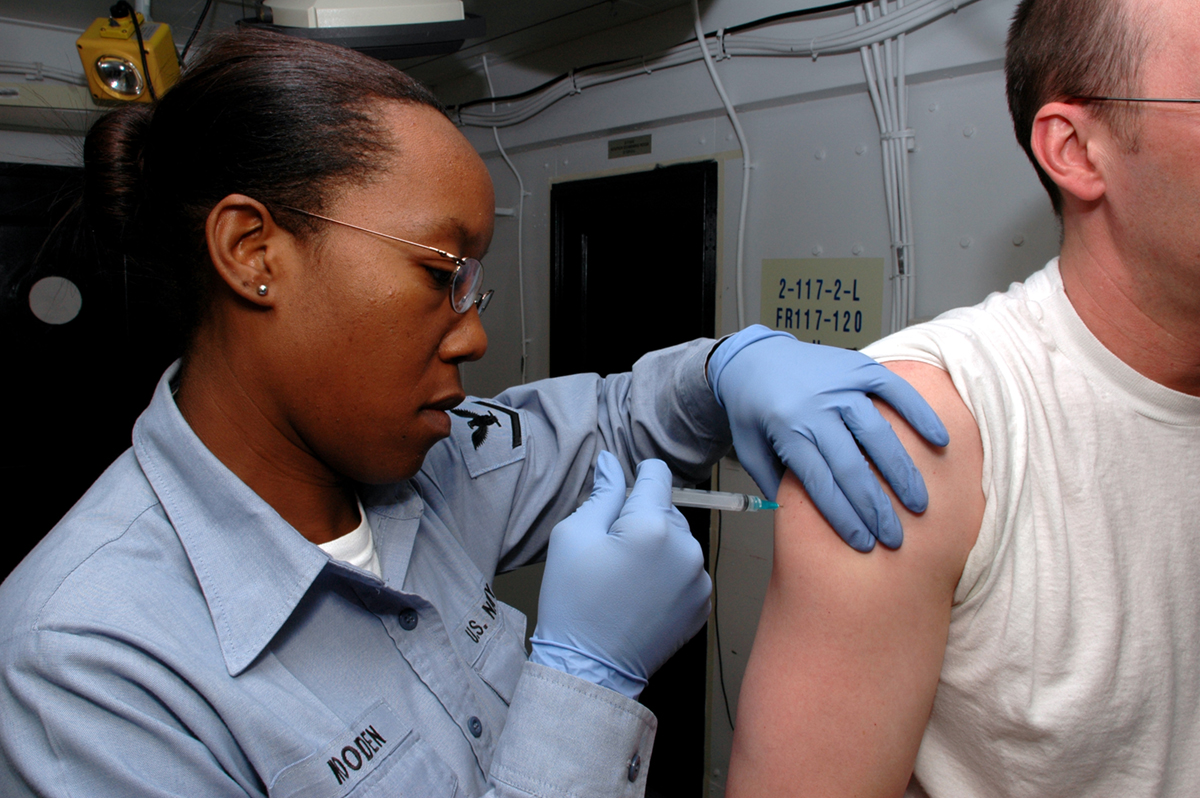
Hepatitis A is an acute inflammatory liver disease caused by a small RNA virus that is transmitted by fecal - oral way. This is a pretty contagious disease that can occur sporadically or may be epidemic especially in terms of deterioration of sanitary conditions after the flood and other natural disasters.
Virus transmission
In the transmission of the hepatitis A virus primary role has fecal-oral transmission (a disease of "dirty hands"). The appearance of the virus depends on the sanitary state of the environment hygienic habits and the size of groups in close contact (such as kindergartens , schools , families , etc.).The disease can also be transmitted by polluted water. Then the hepatitis usually occurs in the form of a mass epidemic of explosive character affecting all ages.
Hepatitis A virus can be spread by contaminated food . Usually it is a food that does not undergo heat treatment or it is insufficient.Infected persons can transmit the virus to other people two weeks before the appearance of symptoms and up to one week after onset of jaundice.
Symptoms
Incubation is passing time (2 to 4 weeks) from entering virus in the body to the appearance of first symptoms. The symptoms of hepatitis include: high body temperature, pain in muscles and joints , nausea and vomiting and sometimes diarrhea. When the body temperature falls, the skin and whites of the eyes become yellow, urine becomes dark, and the stool become lighter. This is a sign that the liver is increased. After 1 to 2 weeks symptoms disappear, but full recovery takes longer (4 to 6 weeks).Complications
The disease usually passes spontaneously and never exceeds the chronic form. But, HAV can cause prolonged bile stagnation followed by elevated level of alkaline phosphatase and total bilirubin which can take several months or, more rarely, it can take chronic relapsing course (this is seen as the result of incomplete disappearance of HAV). Described situation is usually resolved at least for one year.HAV can also be a trigger for a form of autoimmune hepatitis which is wrongly considered as chronic hepatitis.
Hard or so called fulminate form of hepatitis A can damage the liver. It has been noted that the fulminate hepatitis A, although rare, with increasing frequency occurs in intravenous addicts.
Treatment
Treatment is symptomatic and consists in the lowering body temperature (with antipyretics), maintenance of electrolytic balance, reposing and controlled diet. In the case of more serious form of illness the person is placed in the intensive care unit. The disease passes spontaneously, and the transition to the chronic form of the disease is not recorded.Prevention
Primary prevention of hepatitis A is the same as that of other intestinal diseases which means creating the conditions for implementation of personal hygiene and environmental hygiene measures (washing hands, proper disposal of waste materials providing healthy water and food).The disease can also be prevented by vaccination which is especially recommended for: travelers to endemic areas, medical personnel, staff and protégés in all day care centers, people who participate in the process of food production people working in the utility companies for garbage removal, operations and transactions related to the sewage people with certain chronic liver diseases. In addition, vaccination against hepatitis A is recommended homosexuals and intravenous addicts. For people who live in households with patients and people who have sexual contact with infected vaccination against hepatitis A is recommended.

















Your thoughts on this
Loading...